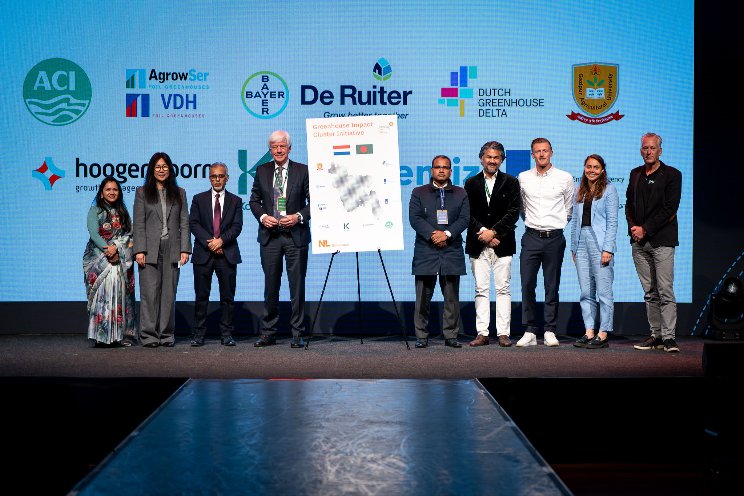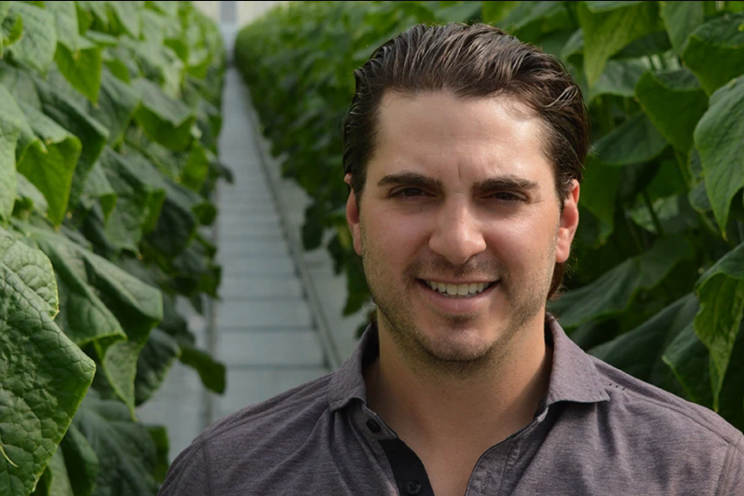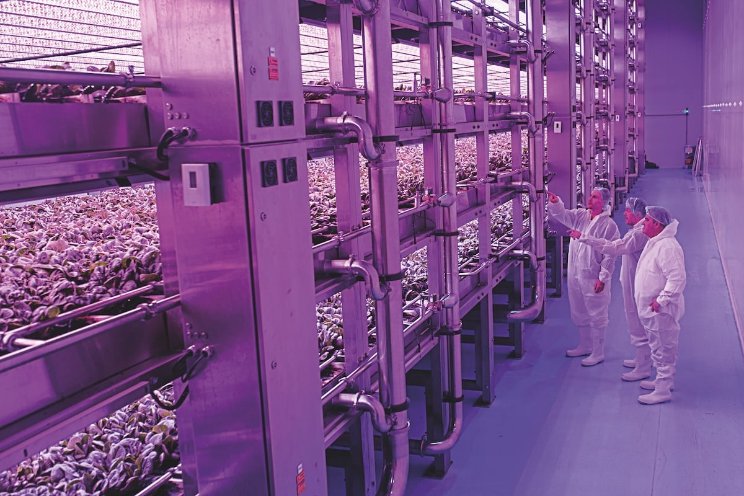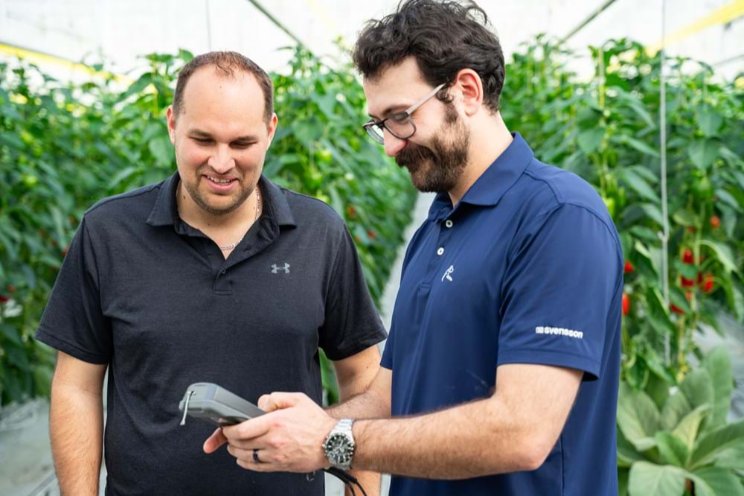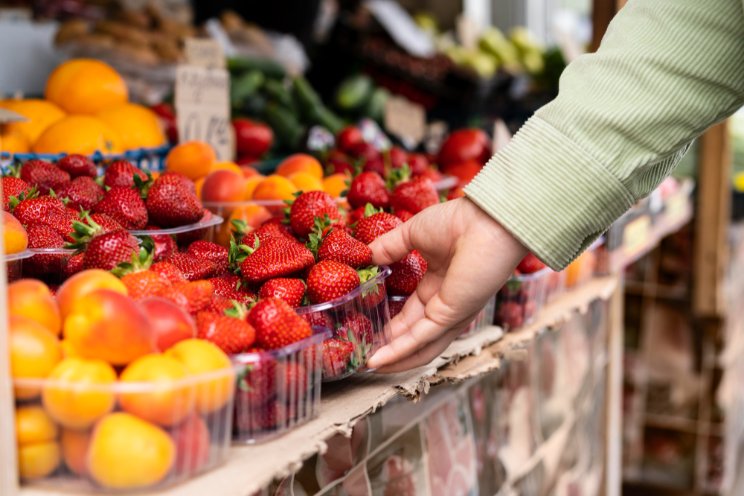Vertical farming grows up
Added on 19 April 2022
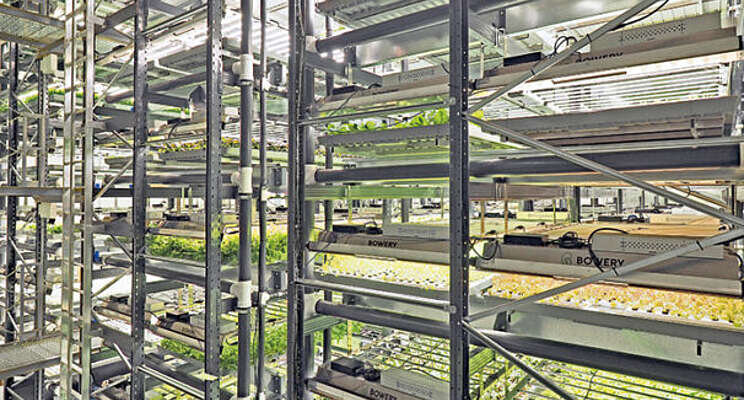
Frederick's report catalogues the controlled environment agriculture (CEA) industry's potential and its attractiveness to tech-focused venture capitalists and investors.
Farmers have attempted to grow crops in controlled indoor environments since the invention of the greenhouse. The modern concept of vertical farming was proposed in 1999 by Columbia University Public and Environmental Health Professor Dickson Despommier, who alongside his students came up with a design for a skyscraper farm that could feed 50,000 people.
Despommier went on to write a book about it, "The Vertical Farm: Feeding the world in the 21st Century," in 2010; and two years later, the world's first commercial vertical farm opened in Singapore.
Frederick said major investments in CEA operations started to flow around 2017, with millions going to outfits like AeroFarms, which was founded by David Rosenberg, Marc Oshima and Ed Harwood in 2004, and California-based Plenty, which was founded in 2014.
"Funding has just gone up since then. 2020, there was a jump in mega-rounds, and part of it seems that the costs of [the control systems to operate CEA facilities] have come down significantly. The other thing is the amount of capital available. There's just a lot of money flowing and available for startups. Ag tech is one of the smaller verticals, but it's growing quickly and there are more investors, generally tech venture capitalists, who are increasingly open to ag tech and indoor farming," Frederick said.
Market research engine ResearchAndMarkets.com pegs the industry at $3.1 billion in 2021 with expected growth to $9.7 billion by 2026; and while it and PitchBook deliver very different numbers, the growth trajectory is clear.
Vertical Garden State
The roots of vertical farming are deeply planted in the Garden State. Just look at its roster: Industry powerhouse AeroFarms is headquartered in Newark and has several facilities throughout the state. Bowery Farming, one of the largest vertical farming companies in the world, is headquartered in New York City but built its first three facilities in Kearny, starting with the former naval base at Kearny Point. Oishii, a luxury vertical strawberry farm, is also in Kearny.
Bowery Farming has expanded to Bethlehem, Pa., and Baltimore, but the agriculture sciences team remains in Kearny, keeping New Jersey the company's epicenter for food innovation, according to Chief Financial Officer Darren Thompson. Setting up in urban centers like Kearny and Newark are in keeping with the ag tech sector's venture to rewild the land—in a comparably small footprint, Bowery's Kearny facilities have crop production equivalent to about 50 acres of airable land, and its newer facilities in Bethlehem and Baltimore produce the equivalent of 75 acres to 100 acres.
Photo Courtesy of Bowery Farming
Source: NjBiz
More news
